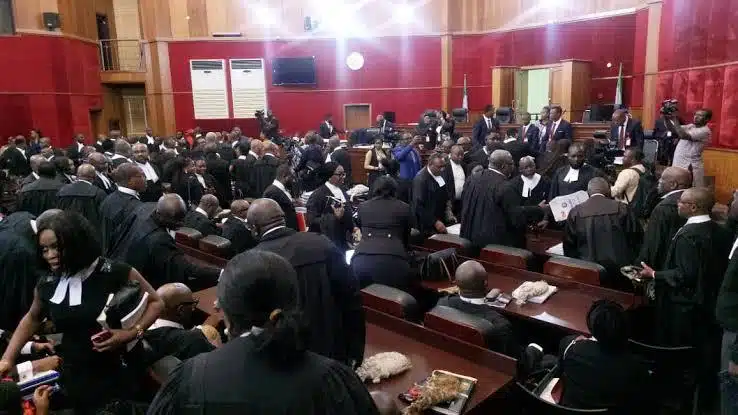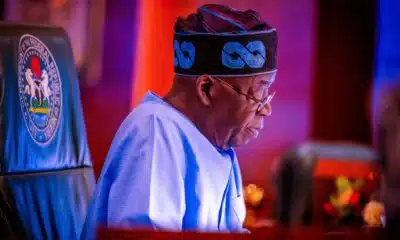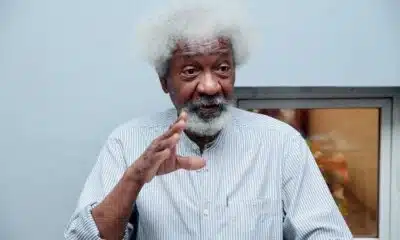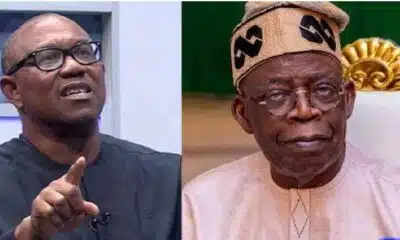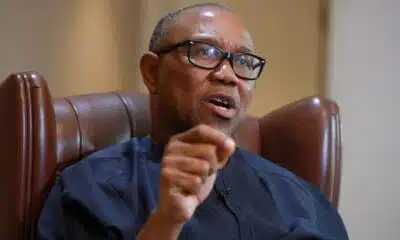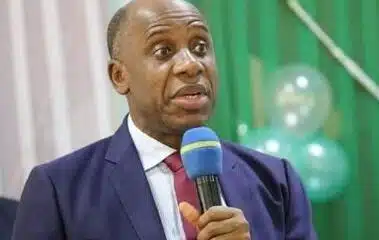A digital forensic expert, Mr. Hitler Nwala, testified on Thursday before the Presidential Election Petition Court (PEPC) in Abuja, revealing his findings that the Independent National Electoral Commission (INEC) had erased results from the presidential election held on February 25.
Mr. Nwala took the stand as the 25th witness for the candidate of the Peoples Democratic Party (PDP), Alhaji Atiku Abubakar, who is contesting the victory of President Bola Tinubu of the ruling All Progressives Congress (APC) in the presidential election.
News About Nigeria gathered that during his testimony before the Justice Haruna Tsammani-led five-member panel, the witness alleged that the deleted results were stored in the Bimodal Voter Accreditation System (BVAS) machines used during the elections.
Atiku and his party maintained that data from the BVAS machines, which were responsible for voter accreditation and uploading of polling unit results, would substantiate their claim that the presidential election was rigged in favor of Tinubu.
Mr. Nwala, called as a witness by the petitioners’ lead counsel, Chief Chris Uche, SAN, stated that he was summoned through a subpoena to appear in court. He confirmed that he had conducted forensic analysis on 110 BVAS machines deployed for the presidential election in the Federal Capital Territory (FCT), Abuja.
According to Mr. Nwala, INEC explained that the wiping of information from the BVAS machines was necessary to reuse them for the Governorship and State Houses of Assembly elections held on March 18.
However, during cross-examination by INEC’s counsel, Mr. Abubakar Mahmoud, SAN, the witness’s report was challenged. Mahmoud argued that the witness’s reliance on a sample size of 110 BVAS devices out of a total of 3,263 deployed by INEC during the presidential election was insufficient to establish any irregularity on the part of the Commission.
Mahmoud pointed out that the witness’s sample represented only about 3.5 percent of the total devices deployed in the FCT and 0.06 percent of the total BVAS machines used nationwide in the presidential election.
It should be noted that INEC had previously announced the need to “reconfigure” all BVAS machines used in the presidential poll to prepare them for the subsequent round of elections.
President Tinubu’s legal team, led by Chief Wole Olanipekun, SAN, and the APC’s legal team, led by Prince Lateef Fagbemi, SAN, urged the court to dismiss the witness’s report, claiming it contained significant errors.
In contrast, the petitioners’ counsel, Uche, SAN, described the witness’s evidence as crucial to their case, stating, “Considering that it was the first time we had a technologically driven election in this country.”
After the witness was discharged, the petitioners submitted certified copies of INEC’s Forms EC8A from 20 Local Government Areas (LGAs) in Ogun State, as well as polling unit results (Form EC8A series) from 17 LGAs in Ondo State, 27 LGAs in Jigawa State, and 20 LGAs in Rivers State.
INEC, President Tinubu, and the APC objected to the admissibility of the documents as evidence, stating that they would provide their reasons in their final written address.
Despite the objections, the Justice Tsammani panel accepted the documents as evidence and marked them as exhibits in the case.
The court adjourned proceedings until Friday to allow the petitioners to conclude their case, after which the respondents will present their defense.
